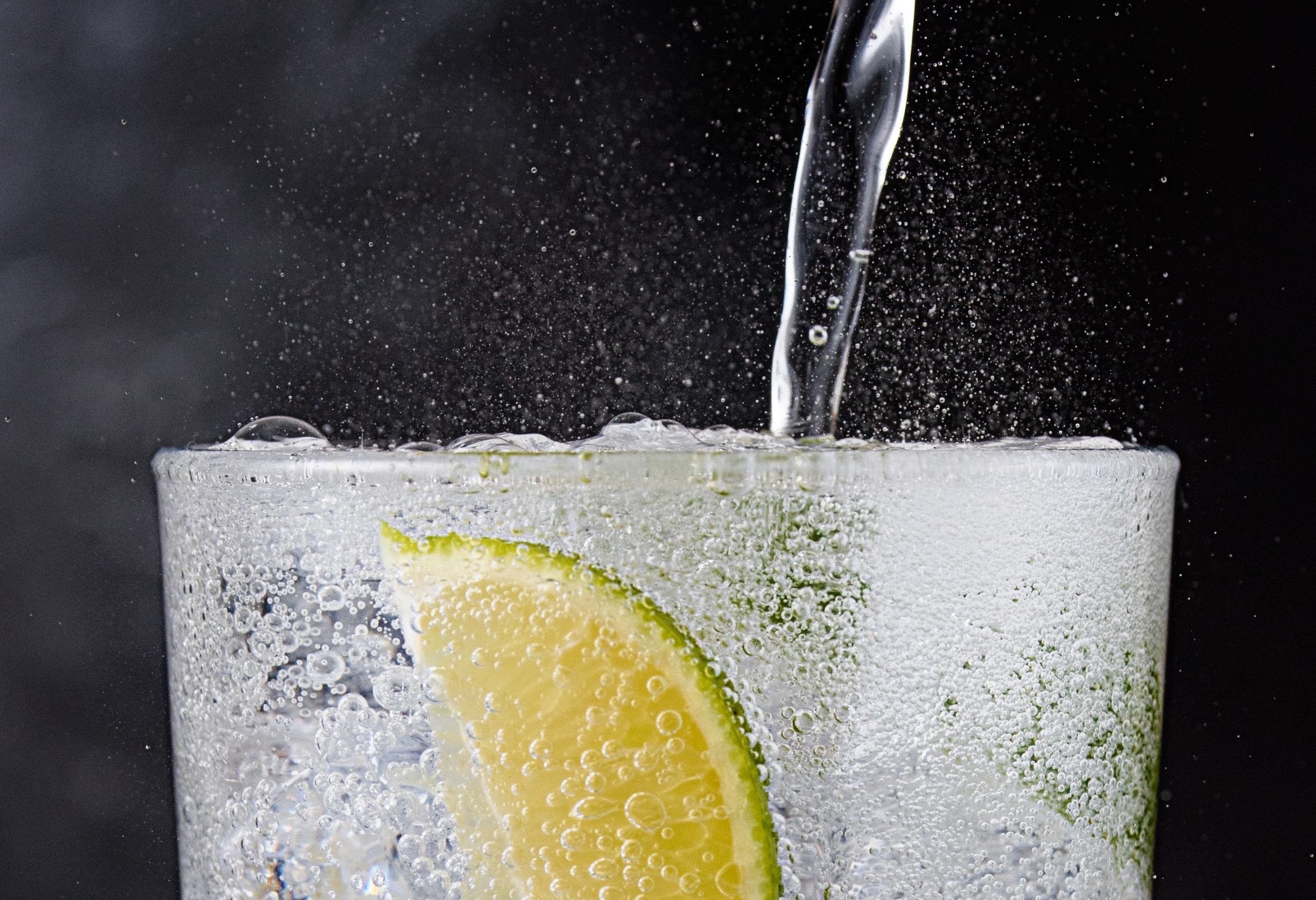How Does Fizzy Water Affect Teeth? Protection Guide

The refreshing taste of fizzy water has made it a popular choice for many, but have you ever stopped to think about how it might be affecting your teeth? As it turns out, the acidity in fizzy water can have a significant impact on your dental health. In this article, we’ll delve into the details of how fizzy water affects teeth and provide a comprehensive guide on how to protect your smile.
First, let’s explore the science behind fizzy water and its effects on teeth. Fizzy water contains carbon dioxide, which dissolves into the water to form carbonic acid. This acid can erode the enamel on your teeth, making them more susceptible to decay and sensitivity. The acidity in fizzy water can also alter the pH balance in your mouth, creating an environment that’s ripe for bacteria to thrive.
Now, you might be wondering what exactly happens when fizzy water meets your teeth. The process is quite straightforward: the acid in the fizzy water dissolves the minerals in your tooth enamel, causing it to weaken and become more porous. This can lead to a range of issues, from mild sensitivity to more severe problems like tooth decay and even gum recession.
But before you ditch your favorite fizzy water, there’s hope. By taking a few simple precautions, you can enjoy your bubbly beverage while also protecting your teeth. Here are some tips to get you started:
- Drink fizzy water in moderation: Limit your consumption of fizzy water to mealtimes or special occasions. This will help reduce the frequency and duration of acid exposure to your teeth.
- Rinse with water: After drinking fizzy water, rinse your mouth with regular water to help neutralize the acid and wash away any remaining fizz.
- Use a straw: Drinking fizzy water through a straw can help minimize contact between the acid and your teeth.
- Chew sugar-free gum: Chewing sugar-free gum after drinking fizzy water can stimulate saliva production, which can help buffer the acid and remineralize your teeth.
- Wait before brushing: Avoid brushing your teeth immediately after drinking fizzy water. Instead, wait at least 30 minutes to allow your teeth to recover from the acid exposure.
| Types of Fizzy Water | pH Level | Acidity Level |
|---|---|---|
| Sparkling Water | 5.5-6.5 | Moderate |
| Soda Water | 4.5-5.5 | High |
| Tonic Water | 3.5-4.5 | Very High |

In addition to these tips, there are some excellent products on the market that can help protect your teeth from the effects of fizzy water. For example, you can try using a toothpaste specifically designed to combat acid erosion, or a mouthwash that contains ingredients like fluoride and potassium nitrate.
Can I still drink fizzy water if I have sensitive teeth?
+Yes, but it's essential to take extra precautions. Try using a straw, rinsing with water, and avoiding brushing your teeth immediately after consumption. You can also consider using a toothpaste and mouthwash specifically designed for sensitive teeth.
How often should I visit my dentist if I drink fizzy water regularly?
+It's recommended to visit your dentist every 6 months for a check-up, especially if you drink fizzy water regularly. Your dentist can monitor the health of your teeth and provide personalized advice on how to protect them from acid erosion.
As we’ve explored in this article, the effects of fizzy water on teeth are a legitimate concern, but with the right precautions and knowledge, you can enjoy your favorite bubbly beverage while also protecting your smile. Remember, a healthy smile is just a sip away – so go ahead, indulge in that fizzy water, and take care of your teeth at the same time.
By following these guidelines and being mindful of your fizzy water consumption, you can enjoy the refreshing taste of your favorite beverage while also safeguarding your dental health. So the next time you crack open a cold one, remember to take care of your teeth – they’ll thank you for it.
